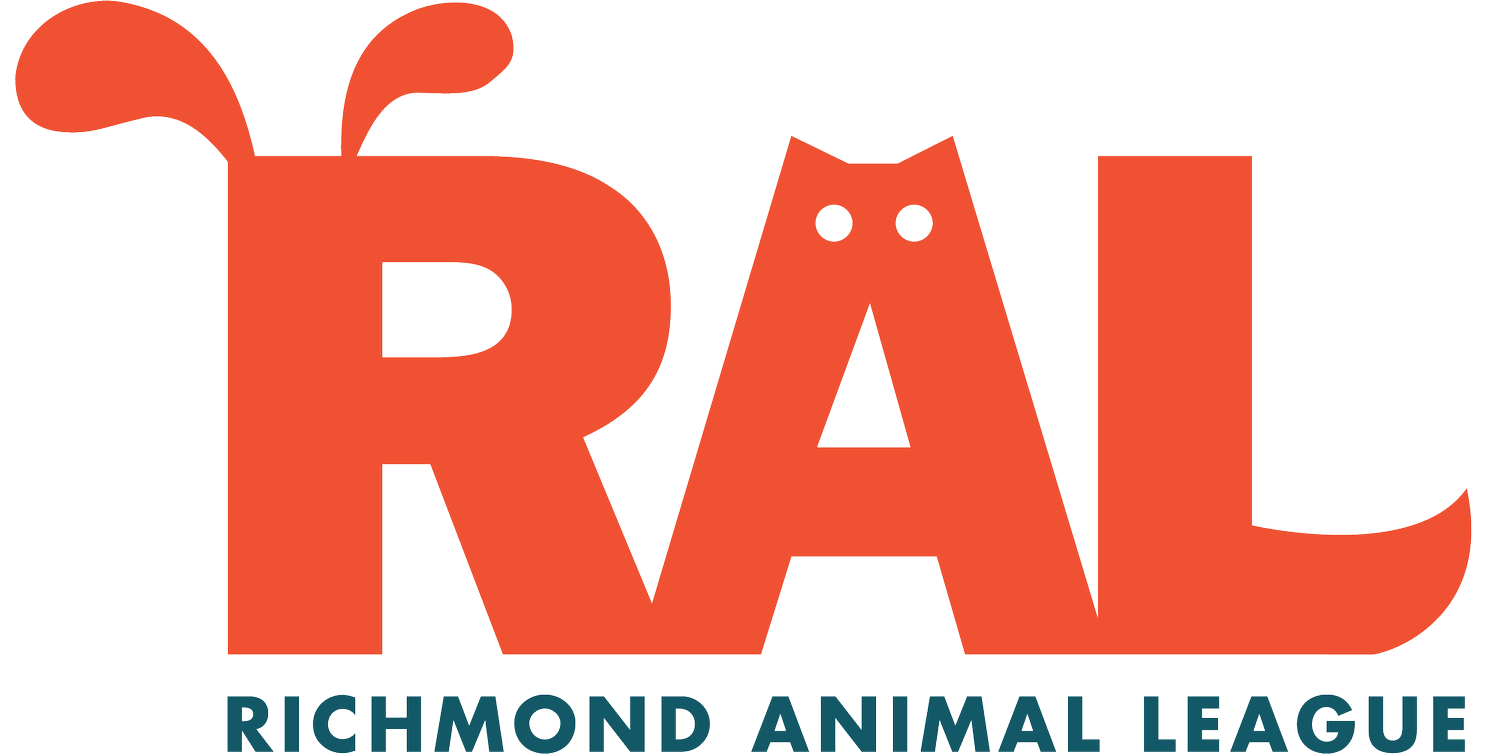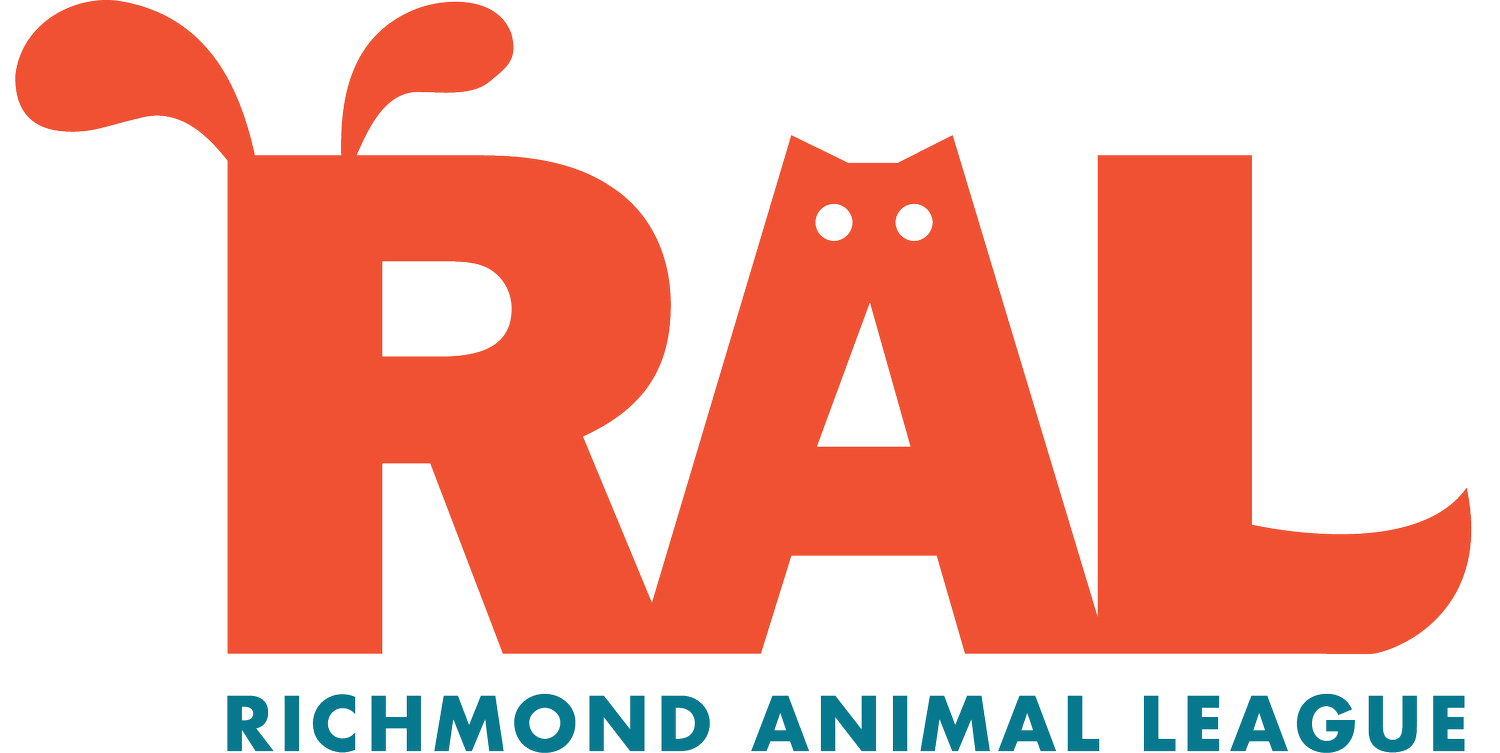Marlin’s Story: A Tiny Fighter With a Mighty Heart
Baby Marlin
Late on a Friday night, a local animal control officer showed up at RAL with her granddaughter and a fragile little kitten in tow. Just three weeks old, the kitten—now known as Marlin—was dangerously hypothermic, unresponsive, and barely hanging on. We wrapped him in warmth and care, and by morning, his bright eyes and soft purrs gave us hope. But as he grew more alert, it became clear: something still wasn’t right.
Marlin wasn’t using his back legs at all. He also had small wounds on his toes and behind his ear, signs that he’d likely experienced some trauma. But with kittens that young, x-rays offer limited insight—so much of their skeleton is still cartilage. There were no clear answers, just the knowledge that Marlin needed help.
Our team began treating him for suspected spinal nerve damage, and soon Marlin was referred to Integrative Veterinary Center of Richmond (IVC) for acupuncture. Despite his tiny size, he impressed everyone with his calm nature and eagerness to heal. Later, he was evaluated by Dr. Clarke at VRCC Neurology, who observed that while Marlin had developed some mobility, he remained fully incontinent.
Dr. Clarke suspects that Marlin suffered a traumatic injury as a newborn that disrupted the connection between his brain and his back end. While Marlin’s brain can’t feel his hind legs, his legs still "know what to do”—a phenomenon known as a spinal walk. It’s rare, fascinating, and utterly Marlin.
Marlin doing peanut ball exercises at IVC.
Although nerve damage can sometimes improve over time, Dr. Clarke was cautiously realistic. It was unlikely that Marlin would regain full bladder or bowel control. With that in mind, Marlin’s care plan shifted from acupuncture-focused treatment to physical therapy—aimed at building strength and preserving muscle mass in his back legs.
Today, Marlin thrives with a combination of stretching, massage, peanut ball exercises, and laser acupuncture. The team at IVC continues to be amazed by his progress and the gentle joy he brings to every session. He remains sweet and cooperative during treatment—no treats required, just a lap to curl into.
Marlin is, quite simply, a joy. The moment you touch him, he purrs. He leans into every cuddle like it’s the best thing that’s ever happened to him. His resilience is inspiring, but it's his tenderness that truly captures hearts.
As he grows, Marlin will need a dedicated adopter—someone prepared to express his bladder two to three times a day and help with bowel care. Continuing his physical therapy will help him stay strong, and acupuncture can remain part of his care if his adopter chooses. But most of all, he’ll need someone who sees him for who he is: a happy, loving kitten who deserves the world.
We may never know exactly what happened to Marlin in his earliest days. But what we do know is that he’s strong, he’s special, and he’s surrounded by people who believe in him.
Marlin doesn’t just survive—he shines.



